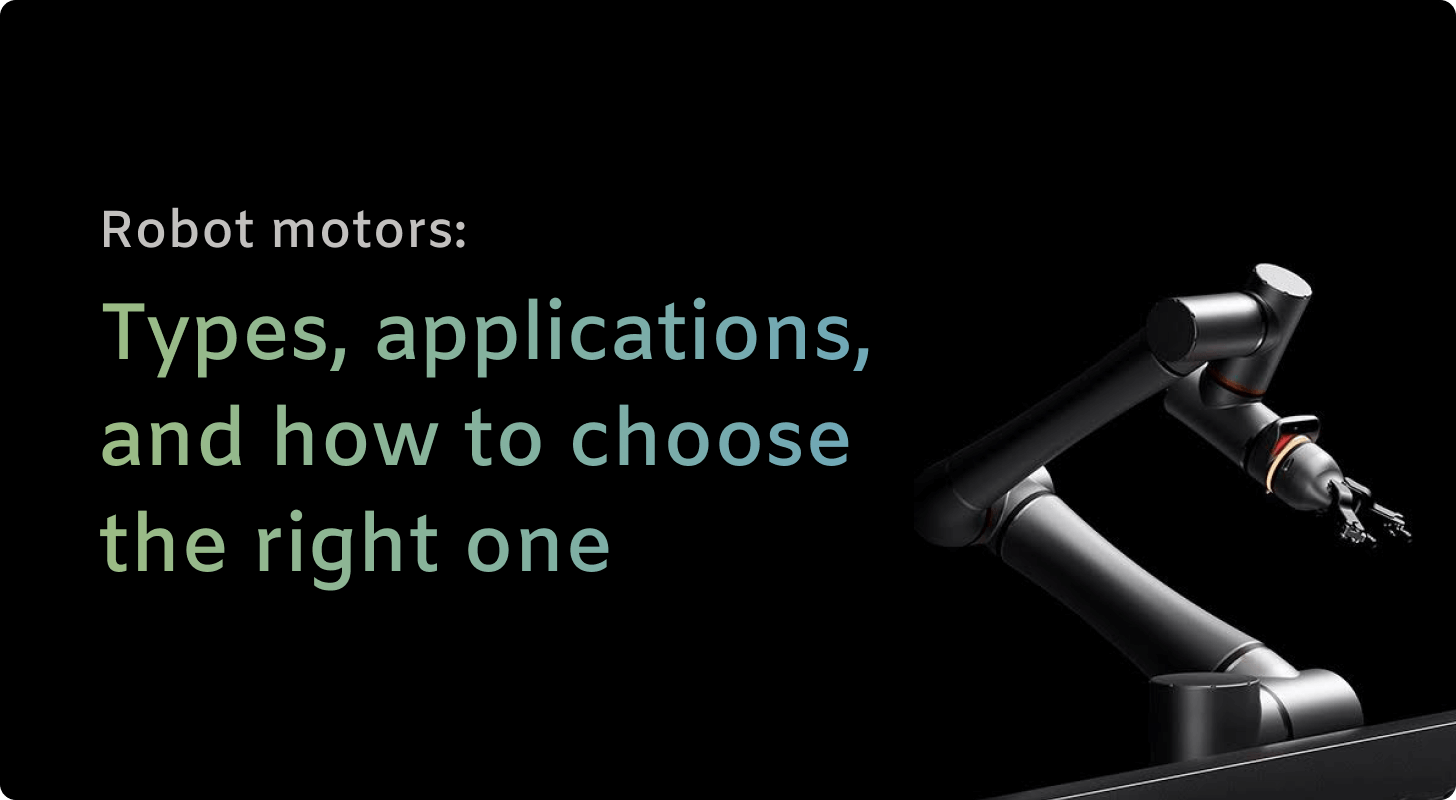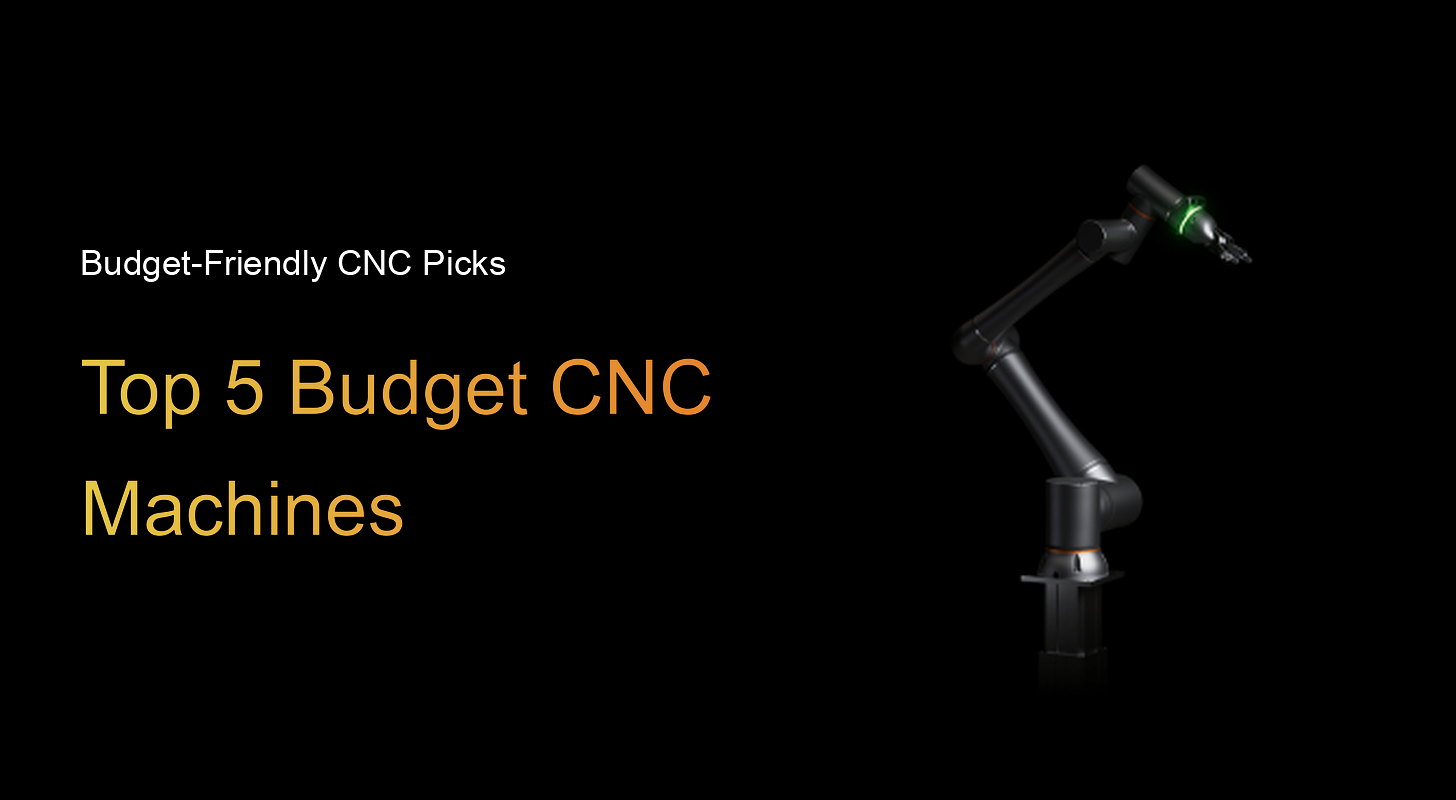Doosan robots are not made in the U.S. ; they’re made in Suwon, South Korea.
Every Doosan cobot, from the featherweight M-series to the beefy H, takes a direct flight from South Korea. No layovers in Texas for assembly.
Sure, Doosan has a shiny new office in Plano, but there’s not a single robot factory or assembly line on U.S. soil.
The real kicker? America’s cobot market is booming, but “Made in America” is still rarer than a robot that doesn’t run on software, unless you choose Standard Bots.
Where are Doosan robots manufactured?
Doosan Robotics isn’t hiding its roots; every cobot they make is proudly stamped “Made in Korea.” The real Doosan factory is in Suwon, South Korea, and that’s where every M, A, E, H, and P series robot is born. If you’re hoping for a secret warehouse in Ohio, it ain’t there.
How Doosan keeps it global
- Seoul is the HQ: All robot production, from welding cobots to advanced vision tech, happens at the South Korean HQ.
- Zero U.S. hardware assembly, and they’re not shy about it: The Plano, Texas, office is just for sales, service, and the occasional product demo. No robot building going on behind closed doors.
- Korean quality, but international shipping: Every Doosan robot headed to an American shop takes a long-haul journey, meaning your new cobot is racking up the miles.
- If you want the whole Doosan backstory, check out our Doosan Robotics deep dive for the brand’s origin story, feature lists, and the real scoop on their global strategy.
A closer look at Doosan’s operations in the US
Doosan Robotics wants in on American manufacturing, but don’t let that Texas address fool you. Their Plano office is all sales talk and support emails.
- Selling dreams: The U.S. team is your first call if you want a Doosan cobot, but every machine still ships from South Korea.
- Support, not a toolbox in sight: They’ll help you coordinate service or warranty claims, but you’re still waiting for parts to clear customs.
- Middlemen, everywhere: Doosan relies on channel partners and resellers. So even “local” integration means working with a patchwork crew, not really a true factory floor vibe.
- All assembly happens overseas: By the time your robot hits your dock, its passport’s already stamped. Want a shortcut to real U.S. assembly and support? Try RO1.

What does local integration mean for US manufacturers?
When you buy Doosan, you’re signing up for world-class hardware, and a front-row seat to the “waiting for international shipping” Olympics.
- Shipping randomness: Need a part in a hurry? Enjoy sweating out every update as your replacement boards two planes and a cargo truck before customs even blinks.
- Support with a side of delay: The Plano team will answer your call fast, but your downtime clock doesn’t care about polite phone support if the hardware’s halfway across the Pacific. Just pray they have some stock.
- Integrator dependency: No in-house robotics nerd? Get ready to depend on a local integrator who might be juggling a dozen installs at once. Not exactly Amazon Prime speed. We help you out if you’re choosing the right industrial robot.
- Compliance nightmare: Chasing grants or federal gigs? All-import robots mean even more paperwork, more scrutiny, and a lot more “Sorry, not eligible” emails.
- Instant deployment? Dream on: If you want a robot on your floor faster than your crew can make a meme, Doosan’s shipping timeline ain’t your friend.
What to think about when choosing Doosan or domestic options
Picking a cobot means you know about how much nonsense you want to deal with after you sign the check. Doosan Robotics gives you proven Korean engineering, but you may also be importing other problems.
Here’s what should be on your checklist:
- Are you a paperwork junkie? If you need U.S.-assembled machines to qualify for government contracts, Doosan’s import model is an automatic red flag.
- Deployment speed: Can your line wait for weeks, or do you want something that shows up ready for action? Some domestic robots go from crate to production in a single shift.
- Integration complexity: Doosan means managing vision systems, third-party integrators, and separate software. If your shop is already allergic to IT drama, keep that in mind.
- Support that delivers, or just answers: Do you need parts on demand and real-life techs, or are you cool with “support” being an international call and a tracking number?
- Future-proofing: Think about how upgrades, expansions, or compliance requirements could trip you up. It’s not just about today’s purchase, it’s about not hitting your head against the wall a year from now.
Standard Bots: US-assembled and AI-driven
Let’s get real, if you want a robot that’s actually assembled on U.S. soil, Core from Standard Bots is where the local legends are. No more tracking ships from Korea, no panicking about parts stuck in customs, and definitely no lost-in-translation support calls.
Why does Core make global imports look ancient?
- Made and shipped from the U.S.: Core isn’t repping a local address while keeping things out-of-country, it’s built, tested, and shipped from American turf.
- AI-powered, no-code setup: The controls are so simple, your least technical team member could have it running by lunch.
- 3D vision and serious payload: With 18 kg of muscle and a repeatability tighter than most people’s morning routine, Core goes from CNC to packaging line with zero drama.
- Service, support, and spares, all domestic: You need help? You get U.S.-based techs who actually pick up the phone and parts that arrive before DoorDash gets to your place.
- Test drive with zero risk: Not sure about making the switch? Take Core for a 30-day, risk-free spin and see how it fits your shop for real. Check out our full breakdown of what Core can do.
Doosan vs. Core: Feature comparison
Here’s how Doosan robotics stacks up against Standard Bots’ RO1, no corporate sugarcoating.
Summing up: Are Doosan robots made in the US?
So, no, Doosan robots are not made in the U.S. Every Doosan cobot is more Korean than BTS, just with a U.S. support line for backup.
If you want an arm that’s actually made, supported, and shipped from American soil, it’s time to think different, and look at cobots like RO1 that are ready to work where you work, minus the shipping saga.
Next steps with Standard Bots’ robotic solutions
Looking to upgrade your automation game? Standard Bots Thor is built for big jobs, while Core is the perfect six-axis cobot addition to any automation setup, delivering unbeatable precision and flexibility.
- Affordable and adaptable: Core lists at $37k and Thor lists at $49.5k. Get high-precision automation at half the cost of comparable robots.
- Perfected precision: With a repeatability of ±0.025 mm, both Core and Thor handle even the most delicate tasks.
- Real collaborative power: Core’s 18 kg payload conquers demanding palletizing jobs, and Thor’s 30 kg payload crushes heavy-duty operations.
- No-code simplicity: Our intuitive, no-code app makes it easy to teach Standard Bots robots to do everyday tasks. So, Core and Thor integrate smoothly with welding operations for advanced automation.
- AI-driven models: For complex, high-variance, and unpredictable tasks that are otherwise impossible to automate today, Standard Bots robots learn through our AI-driven vision-to-action models, similar to how full self-driving works.
- Safety-first design: Machine vision and collision detection mean Core and Thor work safely alongside human operators.
Schedule your on-site demo with our engineers today and see how Standard Bots Core and Thor can bring AI-powered greatness to your shop floor.
FAQs
1. Are Doosan robots made in the US?
No, Doosan robots are not made in the U.S. Every Doosan robot still gets its first passport stamp at Doosan’s Suwon factory.
2. Where are Doosan robots manufactured?
All Doosan robotics hardware is born and raised in Suwon, South Korea. The closest they get to the U.S. is a Plano area code and a frequent flyer number.
3. How long does it take to receive a Doosan cobot in the U.S.?
Expect a multi-week journey from the Doosan factory to your shop floor. That’s faster than growing a mullet, but slower than Amazon Prime.
4. What support does Doosan provide for American manufacturers?
You get U.S.-based service reps who can answer questions fast, but the actual robot parts are still crossing the Pacific.
5. What’s a better alternative for U.S. shops in 2025?
RO1 is made for the American shop floor. It’s a cobot made, shipped, and supported stateside.
brighter future
Join thousands of creators
receiving our weekly articles.










